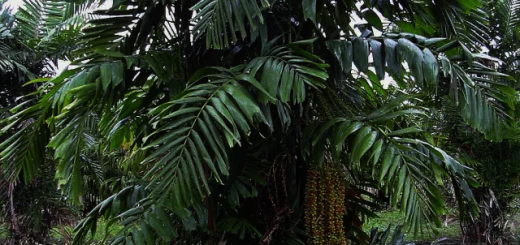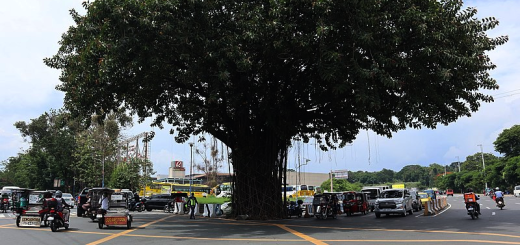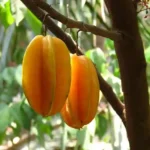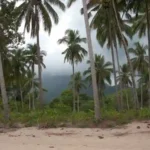Yakal Tree – The Philippines Silent Hardwood Giant
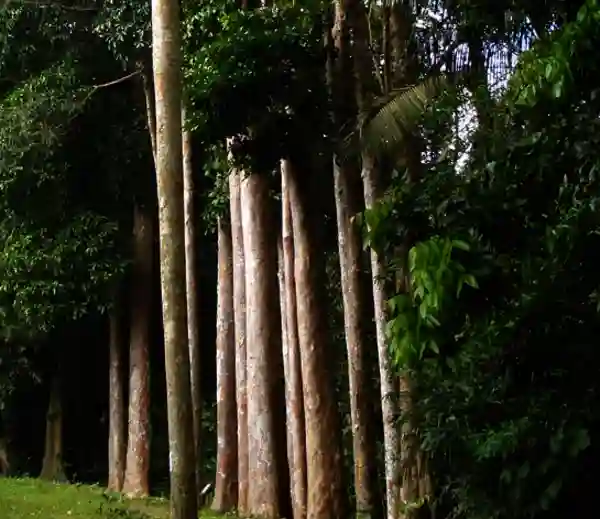
The Yakal tree (scientific name: Shorea astylosa) is one of the most revered and resilient hardwood trees found in the Philippines. Known for its strength, durability, and unique golden-brown hue, Yakal is a symbol of the country’s rich biodiversity and natural heritage. However, while it stands tall in the forest, this tree faces increasing threats from deforestation and illegal logging.
What Is the Yakal Tree? 📌
Yakal is a species of tropical hardwood that belongs to the Dipterocarpaceae family. It is endemic to the Philippines, meaning it is found nowhere else in the world. Yakal typically grows in lowland primary forests across islands such as Luzon, Samar, and Mindanao.
It is a slow-growing tree that can reach up to 30 meters (about 100 feet) in height, with a straight trunk and minimal branching. The bark is rough and grayish-brown, while the heartwood — the prized inner part — is dense, hard, and highly resistant to decay.
Uses of Yakal Wood
Because of its toughness and resistance to both rot and termites, Yakal is often used in:
- Heavy construction (bridges, wharves, mine timber)
- House building (flooring, posts, beams)
- Shipbuilding
- Furniture and decorative woodwork
Its density makes it difficult to work with, but the results are long-lasting and extremely durable.
Conservation Status ⚠️
The Yakal tree is currently listed as Endangered on the IUCN Red List due to habitat loss and illegal logging. As demand for its hardwood continues to rise, its numbers in the wild have dwindled significantly. In many parts of the Philippines, especially in logging hotspots, Yakal populations are rapidly disappearing.
Efforts in Conservation 🌱
Several initiatives are in place to protect the Yakal tree:
- Government regulations: Harvesting Yakal without a special permit is illegal in the Philippines.
- Reforestation programs: Some NGOs and local communities are replanting native trees, including Yakal, to restore degraded forests.
- Awareness campaigns: Environmental groups are working to educate the public about the importance of preserving native trees like Yakal.
However, more sustained and community-involved efforts are needed to ensure that this precious tree doesn’t vanish from Philippine forests.
Why Yakal Matters 🌿
Beyond its commercial value, Yakal plays an essential role in maintaining biodiversity. It provides habitat and food for many forest species and contributes to the ecological stability of the forests where it grows.
Culturally, Yakal is also significant. It symbolizes strength and resilience — traits deeply rooted in the Filipino spirit.
Yakal tree stands as a testament to the Philippines natural richness ✨
As modern development pressures grow, it is crucial that we balance progress with preservation. Protecting the Yakal tree is not just about saving wood — it’s about safeguarding a legacy.
References:
https://en.wikipedia.org/wiki/Shorea_astylosa


